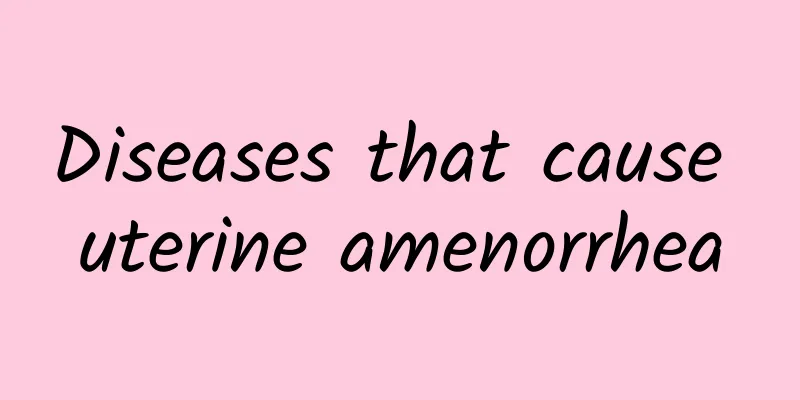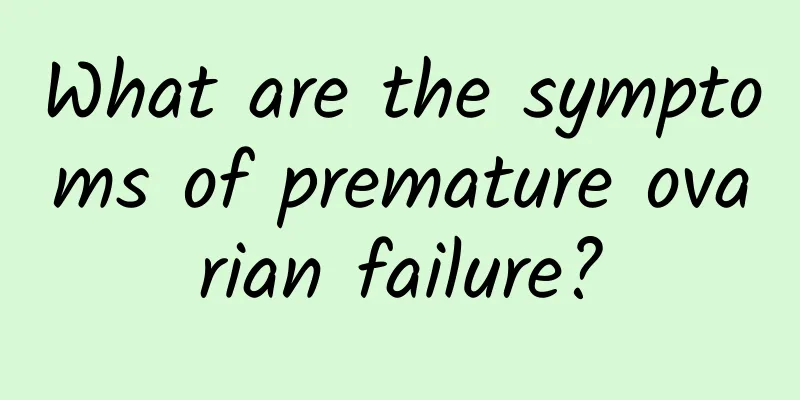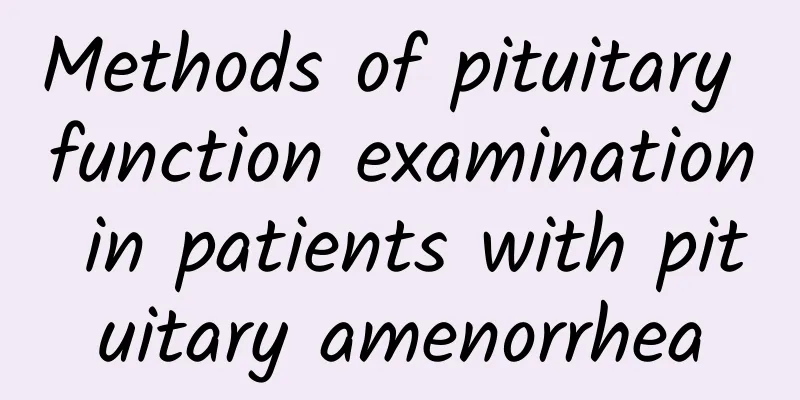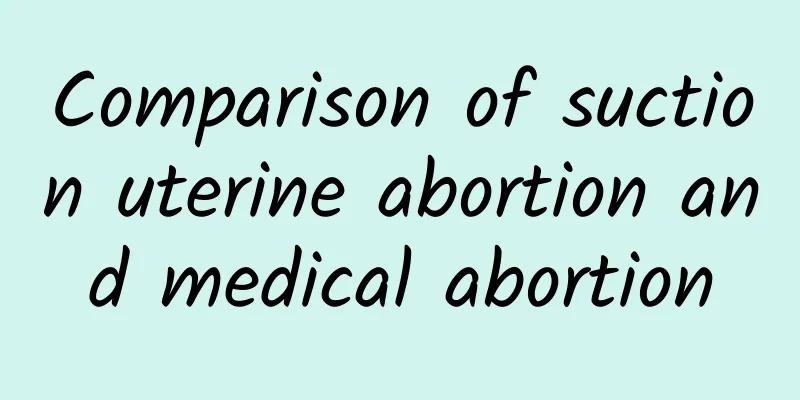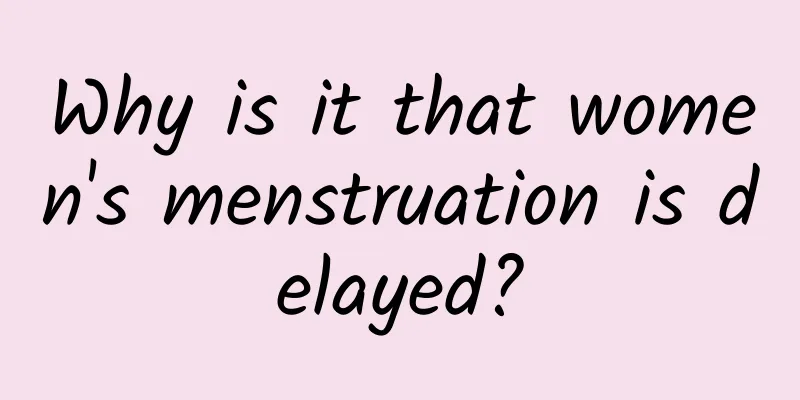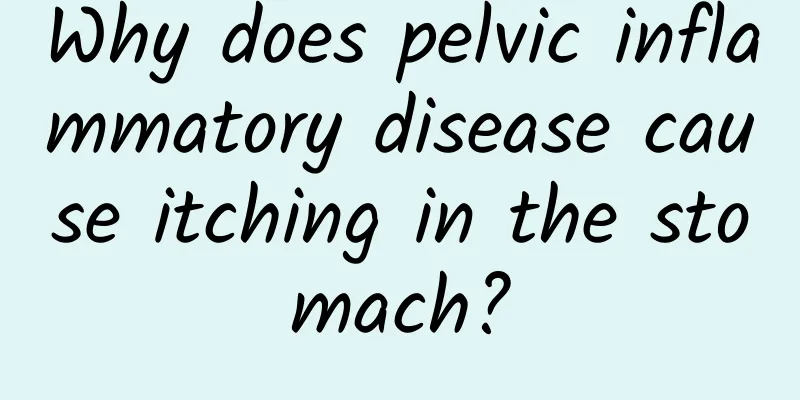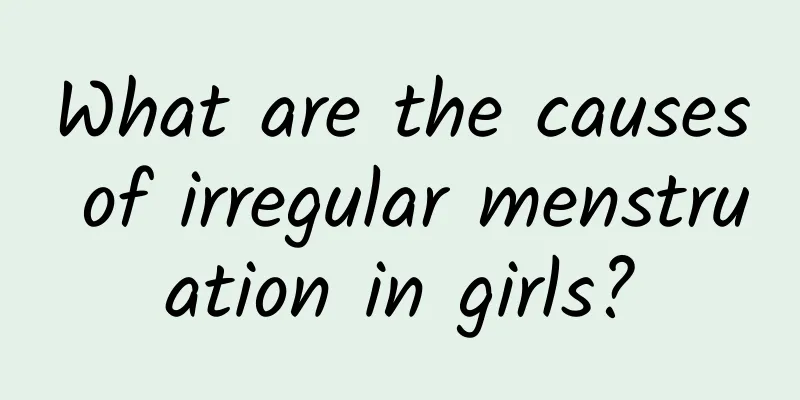Is uterine cyst a chronic disease?
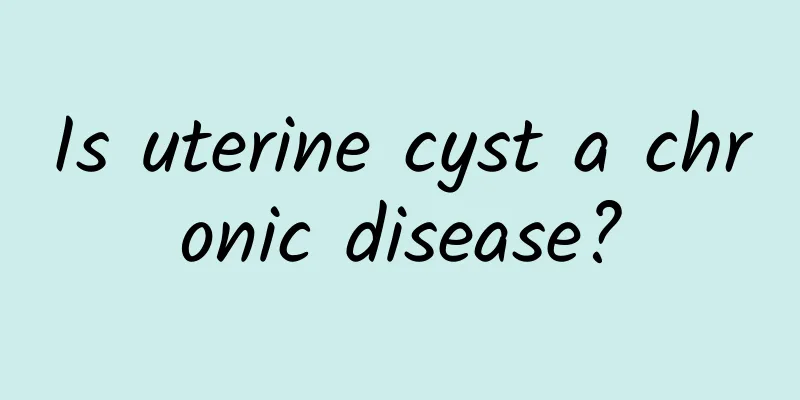
|
Uterine cysts are not chronic diseases, but common benign gynecological lesions, which are usually related to hormone levels, inflammation or other factors. The treatment methods include observation, drug therapy and surgical treatment, and the specific choice depends on the nature of the cyst and the patient's symptoms. 1. The causes of uterine cysts are complex and may be related to abnormal hormone levels. Ovarian dysfunction leads to an imbalance in the ratio of estrogen and progesterone, which is prone to cyst formation. Environmental factors such as stress and bad living habits may also indirectly affect hormone levels. Physiological factors such as genetic predisposition and physical weakness can also increase the risk of disease. Trauma or pelvic surgery may cause local tissue adhesions and form cysts. In terms of pathology, inflammatory infections such as pelvic inflammatory disease and endometriosis may also induce cysts. 2. For asymptomatic small cysts, regular observation is usually recommended. The size and shape of the cysts are monitored by B-ultrasound examination. If there is no obvious change, observation can be continued. Drug treatment includes hormone regulation, such as oral contraceptives to regulate hormone levels and inhibit cyst growth. Chinese patent medicines such as Guizhi Fuling Pills and Xiaoyao Pills also have auxiliary therapeutic effects and need to be used under the guidance of a doctor. For larger or symptomatic cysts, surgical resection can be considered, such as laparoscopic surgery, laparotomy, or ultrasound-guided cyst puncture. 3. Adjusting your lifestyle and diet can help prevent and relieve symptoms. Dietary recommendations include consuming more fiber-rich foods, such as vegetables, fruits, and whole grains, and reducing the intake of high-fat, high-sugar foods. For exercise, you can choose aerobic exercises such as yoga, swimming, and jogging to promote blood circulation and regulate endocrine. Keep your emotions stable and avoid long-term mental stress. Although uterine cysts are not chronic diseases, appropriate management methods should be selected according to specific circumstances. Regular check-ups, timely treatment, and good living habits are the key to preventing cysts from worsening. If symptoms such as abdominal pain and abnormal menstruation occur, you should seek medical attention in a timely manner to identify the cause and take appropriate measures. |
<<: Is cervical hypertrophy harmful to the body?
>>: How long does it take to get pregnant after laparoscopic ectopic pregnancy surgery
Recommend
How big is the ovarian cyst that does not require surgery?
How big does an ovarian cyst have to be before it...
Sweating during exercise ≠ losing calories and burning fat, here is the key code...
Burn more calories through exercise and make losi...
What are the common symptoms of male pelvic effusion?
Male pelvic effusion refers to a condition in whi...
What are the tests for congenital absence of vagina?
For women, physical health mainly depends on dail...
Corpus luteum destruction is effective in treating ectopic pregnancy
Corpus luteum ablation is an effective method for...
Is cervical erosion of degree 2 serious? 4 things to pay attention to when you have cervical erosion of degree 2
When cervical erosion is still at grade 1, the pa...
How to treat uterine fibroids? Conditioning methods for uterine fibroids
Gynecologists say that the occurrence of uterine ...
Treatment cost of congenital absence of vagina
Congenital absence of vagina is basically inferti...
Vasopressin and oxytocin may cause primary dysmenorrhea
Dysmenorrhea refers to cramping pain in the lower...
Introduce specific preventive measures for female adnexitis
Adnexitis troubles many women and affects their n...
What causes abdominal pain after abortion?
There are many methods of abortion. For tradition...
What are the reasons for miscarriage in women
For many families, pregnancy is both a good thing...
Is surgery necessary for ectopic pregnancy? Not necessarily
If a female friend feels that she has symptoms of...
What should I do if I have severe breast pain before my period?
What should I do if I have severe breast pain bef...
Understand the symptoms of external day shift and promptly discover the existence of diseases around you
Among gynecological diseases, the incidence of vu...

